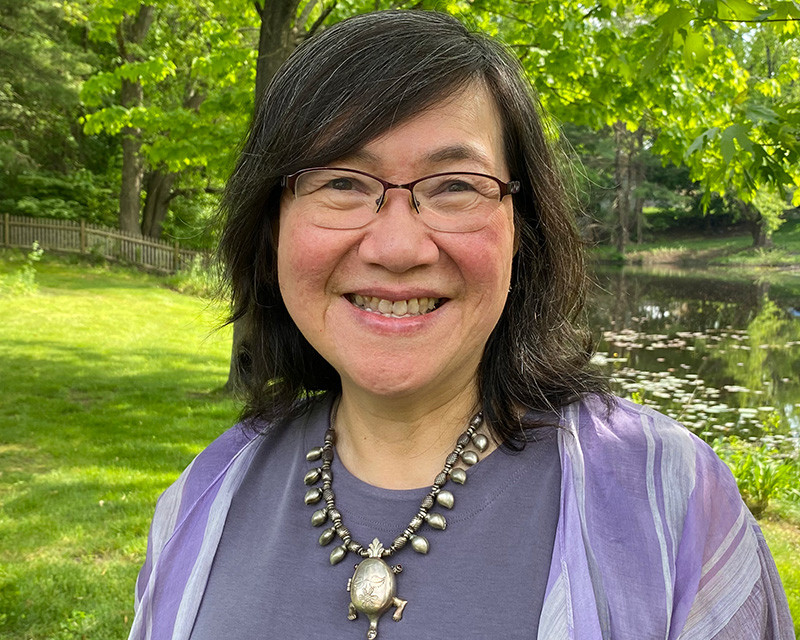“Is it the end of the Dream?
“The launch of the Doha Development Agenda (DDA) in 2001 opened an area of hope and confidence in the multilateral system. Despite the complexity of the new world inherited from globalization, the international community agreed to open new trade talks to build a new rule-based system. International trade experienced important development despite the economic turbulence of the 1980s and the 1990s. This development benefited not only developed countries but also developing countries. The participation of developing countries and more particularly of emerging economies in more dynamic international trade contributed to their strong growth and the diversification of their economies.
“The development of international trade needed to be supported by a regulated global system and open institutions. The international community started this process with the launch of the WTO at the end of the Uruguay Round. Then a few years later, and despite economic difficulties, the international community decided to launch a new Round in Doha in 2001. This round was the most ambitious set of trade talks, and the agenda covered major items for negotiations. But the most important development in these talks was the importance given to developing countries, especially the poorest ones, and the WTO members agreed to give these negotiations an outcome supporting development. The main objective of these new trade talks was to design and implement a new open trading system to support international trade.
“These new talks, launched in Doha in 2001, generated a lot of hope and expectation. We thought that this round would contribute to correct the inequalities engendered by globalization. We also thought that the DDA would give more opportunities to the poorest and would contribute to the agenda of inclusiveness and global sustainability.
“The DDA also mobilized, in the last 15 years, a lot of energy. First, the DDA mobilized energy in the negotiation process itself, where the members of the WTO invested a lot of resources and energy to ensure a dynamic contribution to these talks. Second, these negotiations encouraged the development of major research and analytical work to understand better international trade and to assess the implications and the impact of these negotiations. The excellent contributions in this book are a testimony to the major methodological evolution experienced by the international trade literature in the last fifteen years.
“But, despite all the energy and resources, the DDA has been going through an important deadlock in the last couple of years. Many technical reasons could explain these difficulties, including the increase of the number of participants in the talks, the growing complexity of the agenda, and the different trade formulas.
“But these technical reasons are more and more reinforced by political ones and the growing political, anti-liberal forces supporting protectionism and fighting the agenda of trade liberalization.
“Despite these difficulties and the deadlock, we believe that the future of the world is in regenerating the multilateral agenda and the dream of building an open and equal global system. The different chapters of this major book edited by Antoine Bouët and David Laborde constitute an eloquent demonstration that the DDA will be beneficial for all the participants and the world. On the controversial issue of the relationship between the global trading system and food security, the different book chapters indicate that the completion of the DDA would contribute to the fight against rural poverty and would help developing countries to build their food security.
“If some people have doubts on the impact of the DDA, I believe that reading this book will convince them of the positive impact of an open and equal multilateral trade system.”
-Hakim Ben Hammouda, former Minister of Economy and Finance, Tunisia



